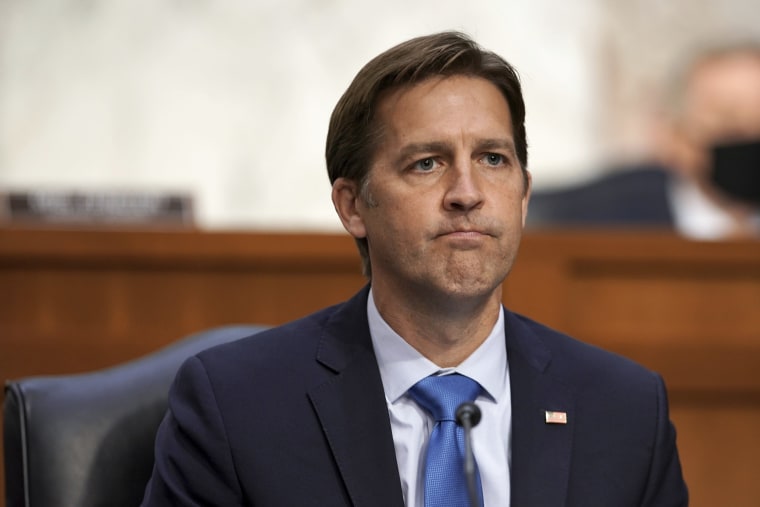Looking over the list of pardons Donald Trump has issued since losing last month's election is a jarring experience. The president has effectively wielded his pardon power as a corrupt weapon, rewarding loyalists, completing cover-ups, undermining federal law enforcement, and doling out perverse favors to the politically connected.
The Republican has even allowed convicted murderers to go free, in part because a Fox News personality told him it'd be a good idea.
The pardons from Wednesday night -- the day before Christmas Eve -- were especially egregious, but there's no reason to assume they represent the last of the abuses. There have been rumors about other Trump insiders who are in contention for pardons, and they may yet receive their get-out-of-jail-free cards.
As we discussed last week, in the United States, there is -- or at least, was -- a process for those seeking presidential clemency. There are Justice Department officials who are responsible for reviewing cases, weighing the evidence and relevant details, and making recommendations based on merit. The point is to identify Americans most deserving of mercy and governmental benevolence. But in the Trump era, the pardon process isn't about righting wrongs; the process is itself wrong.
As Politico noted, even some Republicans are finding this tough to defend.
Sen. Pat Toomey on Sunday said President Donald Trump had gone too far with some of his presidential pardons. Speaking on "Fox News Sunday," the Pennsylvania Republican said that while the president had the right to pardon anyone, "I think it's a misuse of the power" to pardon people whose greatest claim to this special form of justice is a connection to the president.
"I mean, my goodness, we have tax fraud and bank fraud, witness tampering, obstruction of justice, but because they were close to the president they got pardoned," Toomey said. The retiring GOP senator added, "This is unfortunately reminiscent of the Marc Rich pardon by President Clinton. It is legal, it is constitutional, but I think it's a misuse of the power."
Similarly, Sen. Ben Sasse (R-Neb.) issued a written statement last week, describing Trump's latest pardons as "rotten to the core." The Nebraskan added that "felons like [Paul] Manafort and [Roger] Stone" had "flagrantly and repeatedly violated the law and harmed Americans."
But it was Toomey's reference to Clinton's Marc Rich pardon that struck me as especially notable. There are certainly legitimate questions about the presidential action from 20 years ago, which were closely scrutinized after the Democratic president exited the White House.
And therein lies the point: if Clinton's Rich pardon from 2001 was investigated by Congress and federal prosecutors -- a gentleman by the name of James Comey helped oversee a Justice Department examination, more than a decade before he led the FBI -- why wouldn't there be similar scrutiny of Trump's spectacularly more controversial pardon abuses in 2020?
And given that even some Senate Republicans believe Trump's "rotten" pardons went too far, shouldn't the investigations enjoy bipartisan support?
Just Security recently explained, 'President Donald Trump apparently holds the misguided belief that his pardon power is 'absolute.' But while the pardon power is expansive in scope, that power is nevertheless constrained by the Constitution and federal criminal laws, including anti-bribery and obstruction laws."
If Clinton's pardons were the subject of a thorough and lengthy investigation, it'd be ridiculous to hold Trump's far more scandalous pardons to a lower standard.

